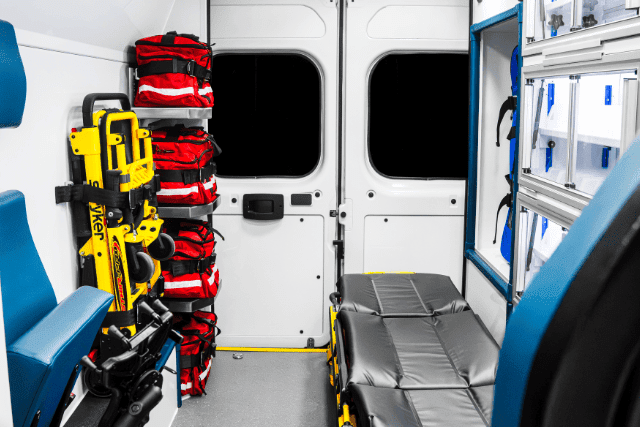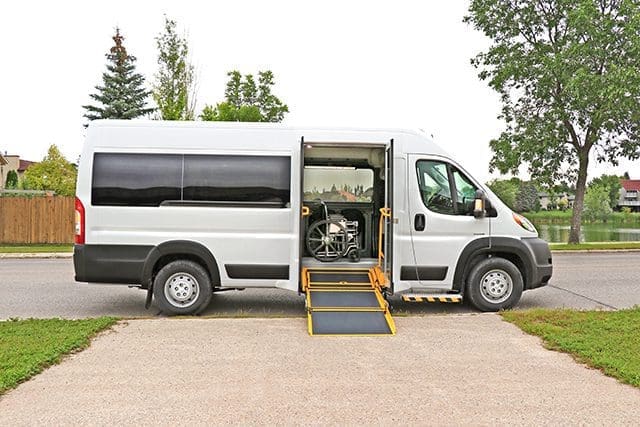1. What problems do First Nations communities face in accessing healthcare?
Many people must travel long distances for care, leading to delays, skipped appointments, and overworked staff.
2. What services can a mobile clinic provide?
Mobile units can offer screenings, vaccinations, prenatal care, diabetes support, counselling, and even virtual doctor visits.
3. How do mobile clinics reduce barriers to care?
By visiting communities directly, they save travel time, lower costs, and provide care in spaces that feel safe and familiar.
4. Why is consistency important in mobile healthcare?
When the same clinic and staff return regularly, people build trust, feel comfortable, and share their real health concerns.
5. How do mobile clinics promote dignity in healthcare?
They let communities shape how care is delivered, respecting culture, privacy, and personal choice.






